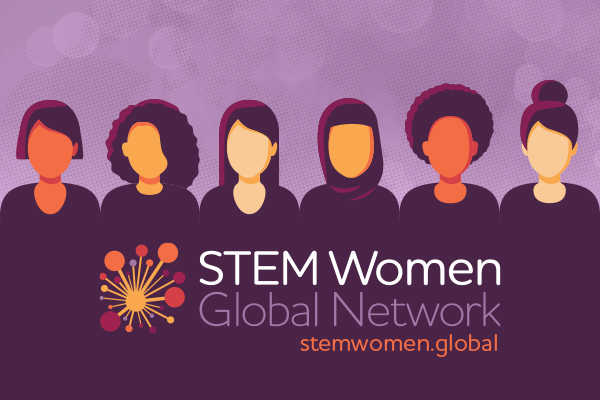Harmony Week 2022: In conversation with Kudzai Dune

What is your cultural background? How does this differ from race, ethnicity? (please note that answers are different for everyone)
My cultural background is a culmination of all the places I’ve grown up and the cultures that have influenced who I am today. Whilst being born as a black Zimbabwean is my ethnicity, growing up in England and relocating to Australia just before high school have all played a part in how I show up as a Zimbabwean and a black woman in this world.
What has been your experience as a culturally diverse person in Australia?
I always jokingly say that growing up in Australia gave me an awareness of my blackness. Where I grew up in England was extremely multicultural so I never felt like the “other”. Moving to regional Australia where I quickly became a minority, gave me an awareness of how different my cultural background and ethnicity made me in comparison to those around me.

A baby photo of me
What been your experience as a culturally diverse person in STEM?
I think finding a mentor or someone who can relate to my story and experiences as a black, immigrant woman in STEM has been hard. There aren’t a lot of us out there, I’m finding that there are more people who fit this category coming through now but not so many who have been doing it for a while. In saying that, it is also such an honour to be representing that category and kind of paving the way for the younger girls to know that they can be anything they want to be regardless of whether or not they think they fit the mould.
How can the STEM space be more inclusive of different cultures and backgrounds?
I don’t think this question can be answered in a STEM specific way, I think the question would be “How can Australia’s culture and the spaces within different sectors be more reflective of its multicultural make up?”. To which I would say, it’s about sharing stories, hearing stories, finding out how people’s backgrounds influence their worldview and way of being. Whilst not forgetting to embrace and celebrate the differences.
How has your cultural background contributed to your career in STEM
Culturally, education is emphasised, whether I would go to university was not in question, rather what I would do when I got there. There is an even greater emphasis on STEM subjects as these are seen to correlate with intelligence and success. So whilst I wasn’t pressured into a career in STEM, I did have a cultural bias. Once in the STEM space, it was up to me to make it my own. I have always wanted to have a positive impact on my community, being able to do science and research within the health space was an added bonus.
What would you say to another culturally diverse person living in Australia/working in STEM?
79% of the STEM field is made up of over 30s, so I am speaking specifically to my under 30s. There IS a seat at the table, our generation needs your ideas and your voice. It’s about partnering together.

My dad as a lab technician in Zimbabwe
What has been the biggest highlight of your career?
Volunteering in a HIV &TB research laboratory in Kenya. For me this was a precursor into what I hope my career becomes whilst also combining my love for my continent and the work I do.
Are there different cultural influences for how STEM is done, in comparison to the STEM space in Australia?
I am currently looking at different influences in an effort to find my own approach to being in the STEM space. In my endeavours, I have found the American and the South African STEM spaces to have influenced me the most. America has a well established STEM space and South Africa has women who look like me being pioneers in their spaces.
How has your cultural background shaped your understanding of STEM? How important is STEM in your culture versus here in Australia?
I saw STEM as a tool to creating better conditions for society and that is the importance it still holds. In Australia, I think STEM is kind of the silent cog working in the background. There isn’t as much emphasis or awareness.
What has been the biggest barrier for you as a culturally diverse person?
Whilst I can acknowledge the intrigue in my cultural background or story, I must also communicate when is an appropriate time to have these discussions. My biggest barrier has been where my boundaries are and remaining steadfast in them. So yes, I am black with an Australian accent that has a twang of a British accent in it but we are currently discussing the spectrophotometric component of this machine.
What is something that you are most proud of about your cultural background?
The emphasis on education, Zimbabweans are amongst the most educated in the world. I think my love for education and desire to continue to learn has been cultivated from a young age.
Want to be part of a growing STEM Women network? Create a profile to discover opportunities relevant to you.

 Resources and Opportunities
Resources and Opportunities Women in STEM Champions
Women in STEM Champions